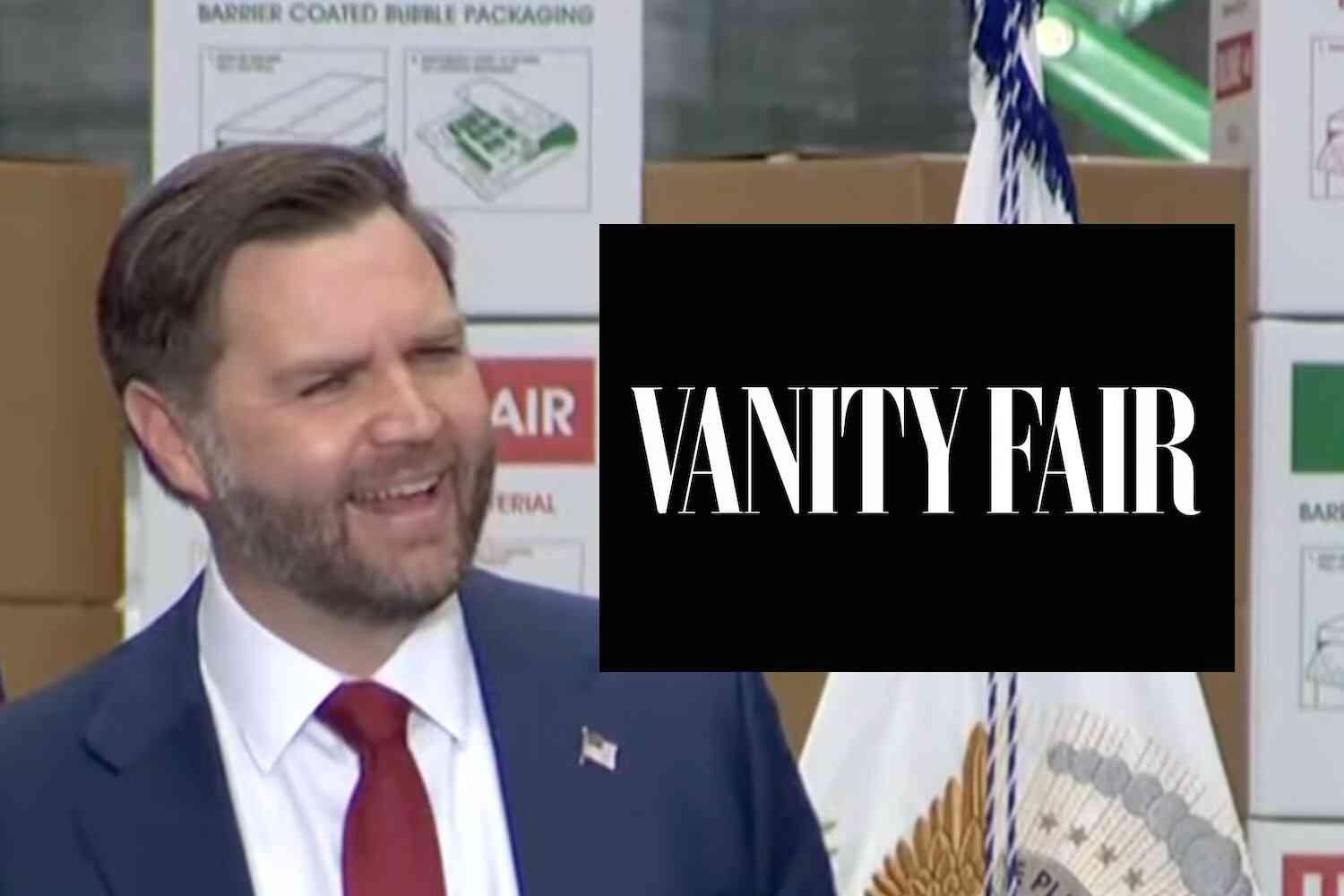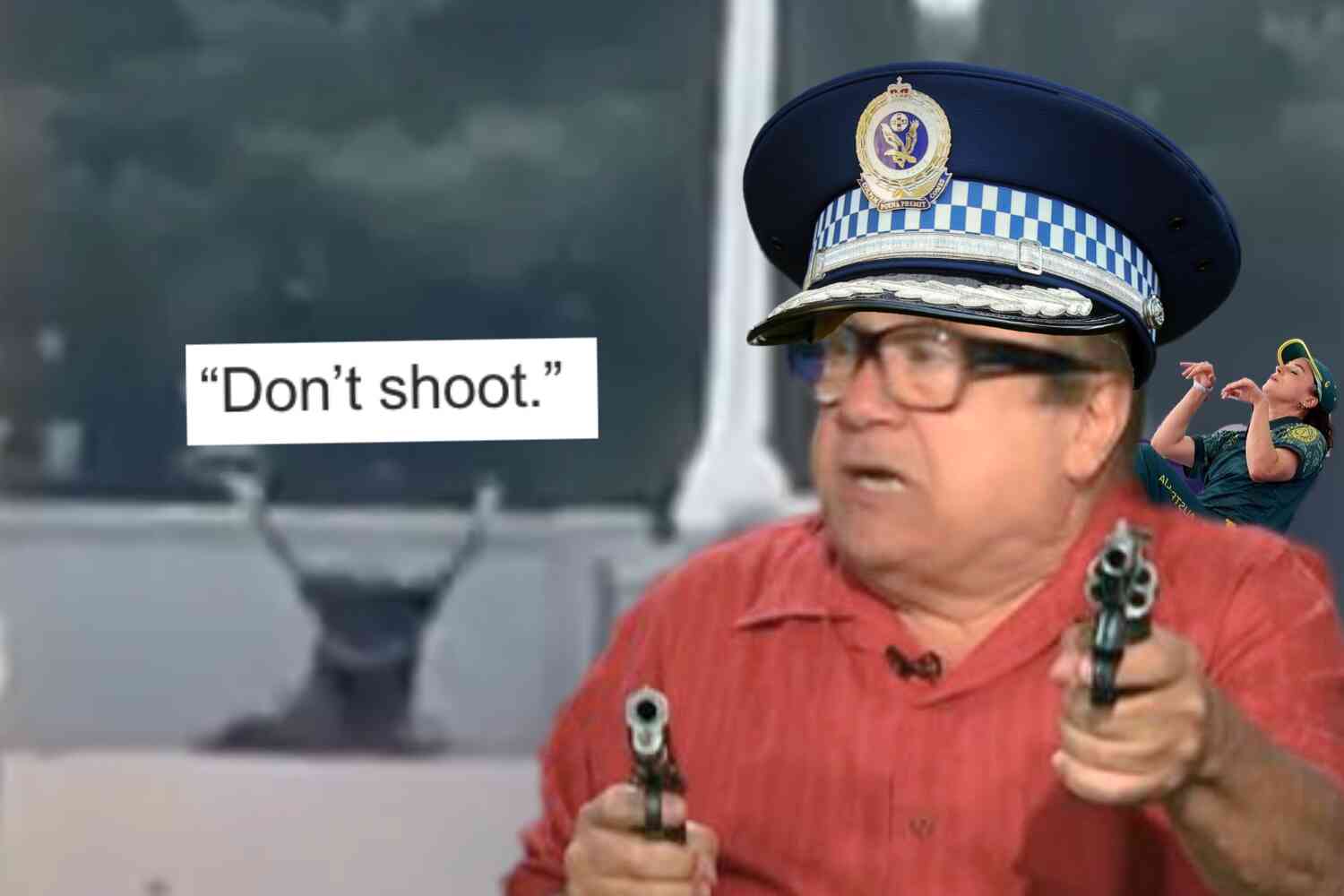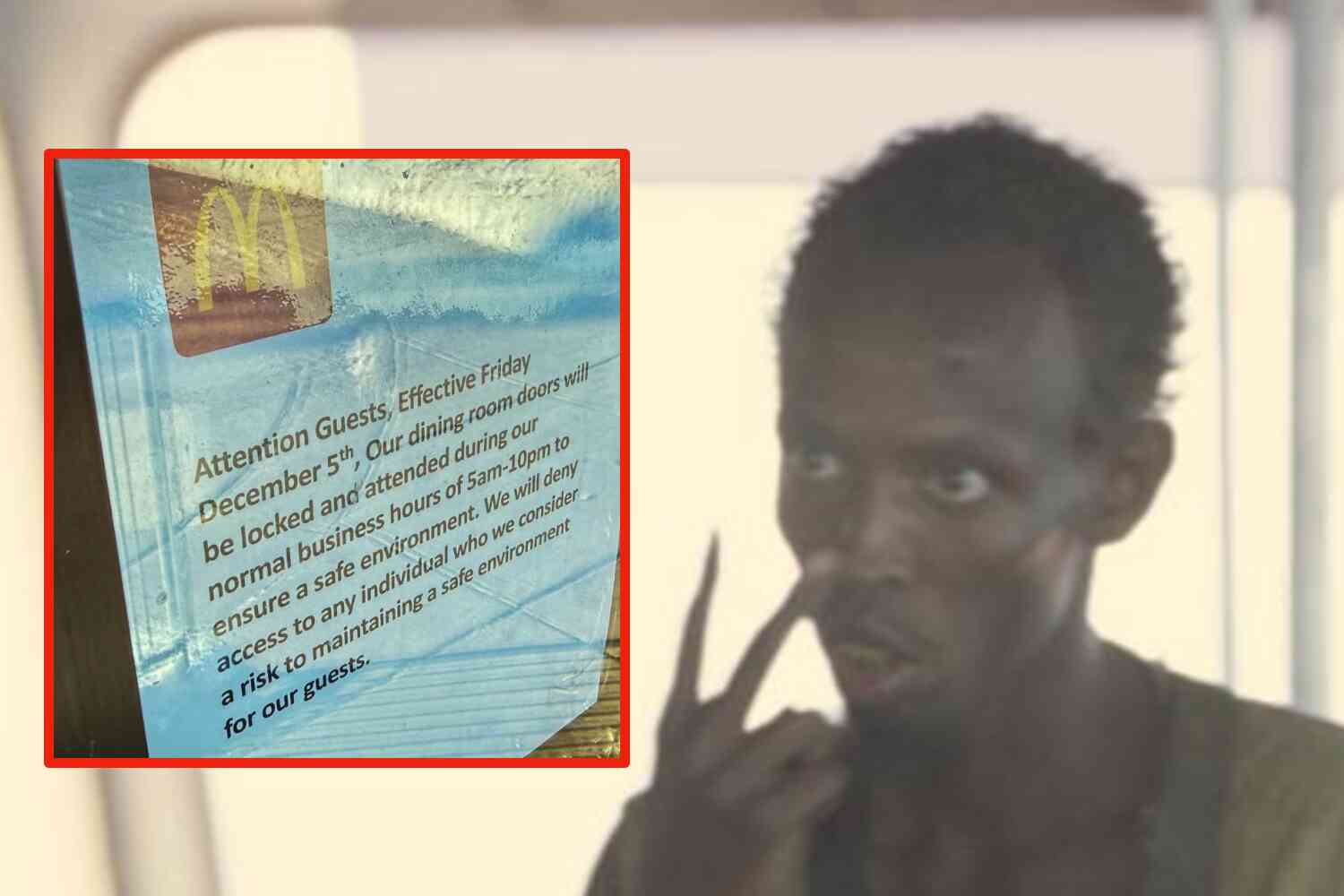If you saw his final putt, you probably noticed it.
After missing, he lacked any anger, any emotion, or any visible frustration. He simply looked resigned and fatalistic about the whole experience as he walked over, tapped the ball into the cup, lifted it from the hole, walked off the green, and quit the tournament.
It was the middle of the Charles Schwab Challenge, and the 30-year-old PGA golfer left the course without finishing, citing an illness.
One day later he was dead from suicide.
The truth is that there were approximately 130 other Americans who committed suicide the same day Grayson Murray did. While their deaths are no less tragic, there's something that hits us differently when it's a celebrity. Sports stars, actors and actresses, and well-known politicians - these are the people that have everything they could ever want. They have money, power, and fame: All the things we human beings desperately chase, believing they will bring us fulfillment, contentment, and peace.
They don't.
A tragedy like Murray's is a stark reminder of that sad reality. Mental illness is real. Depression is real. Anxiety disorders are real. They strike indiscriminately and without prejudice. And often, there's no quick fix, simple pill, or foolproof treatment plan. Mental illness becomes a lifelong sentence that confines its victims to inner turmoil, crushing despair, and a feeling of complete isolation.
The brain is an incredibly powerful organ. When it suffers, the consequences can be devastating.
Self-awareness is important, of course. A person isn't going to get better if they don't first acknowledge the problem. But Grayson Murray is a heartbreaking example of how too often that's not enough.
Just last year, Murray commented on his own struggles with mental illness:
'Everyone has their battles and sometimes people are able to hide them and function, and sometimes you're not,' Murray said. 'I think our society now is getting better about accepting that, you know, it's OK to not be OK. I'm not ashamed that I go through depression and anxiety.'
From all indications, his heartbroken family knew the issues as well, and did what they could. But it's difficult when your grown son is a celebrity sports star, living a life you are frequently confined to watching from afar. No one can be there all the time. Not in the dark moments, not when the demons come.
So what hope is there?
I don't have any idea if Grayson Murray had a relationship with Jesus. I don't know what his personal faith looked like. But I'm also aware that many of those 130 suicides each day in America are made up of people who have tried to find answers in religion - sometimes as a last resort. But Jesus never promised immediate deliverance from earthly sorrow. He did promise to walk through it with us. And He did institute His church to be the channel through which He often does so.
When I look at the status of the mental health crisis in America, I see a mission field. I see a massive harvest ready to be taken in, but the workers are so few. According to recent statistics, over 60% of ministers say that they seldom, if ever, speak about mental illness. The vast majority of church members who suffer with it never say anything to anyone about it.
Worse, it's a topic that so many of us say, "Let's leave that to the professionals." But it doesn't take a professional to be a friend. It doesn't take a professional to check in on someone. It doesn't take a professional to listen. It doesn't take a professional to sit with someone just so they know another person is there and cares.
We have a tendency to ignore what we don't understand or what scares us. Or worse, we downplay what "wasn't a thing" when we were young, or that we've never dealt with (and hope we won't ever have to). But notice what we're doing in each case - we are putting conditions on who is worth our time, attention, and love.
We've been given a different and better command. "As I have loved you," Jesus said, "so you must love one another."
A great way to grieve the loss and respect the memory of Grayson Murray would be to recommit ourselves to obeying the Savior's instruction and loving our fellow man without condition.
P.S. Now check out our latest video 👇
Disclaimer: The opinions expressed in this article are those of the author and do not necessarily reflect the opinions of Not the Bee or any of its affiliates.









